CSU, Chico Recognizes 2019–20 Outstanding Faculty
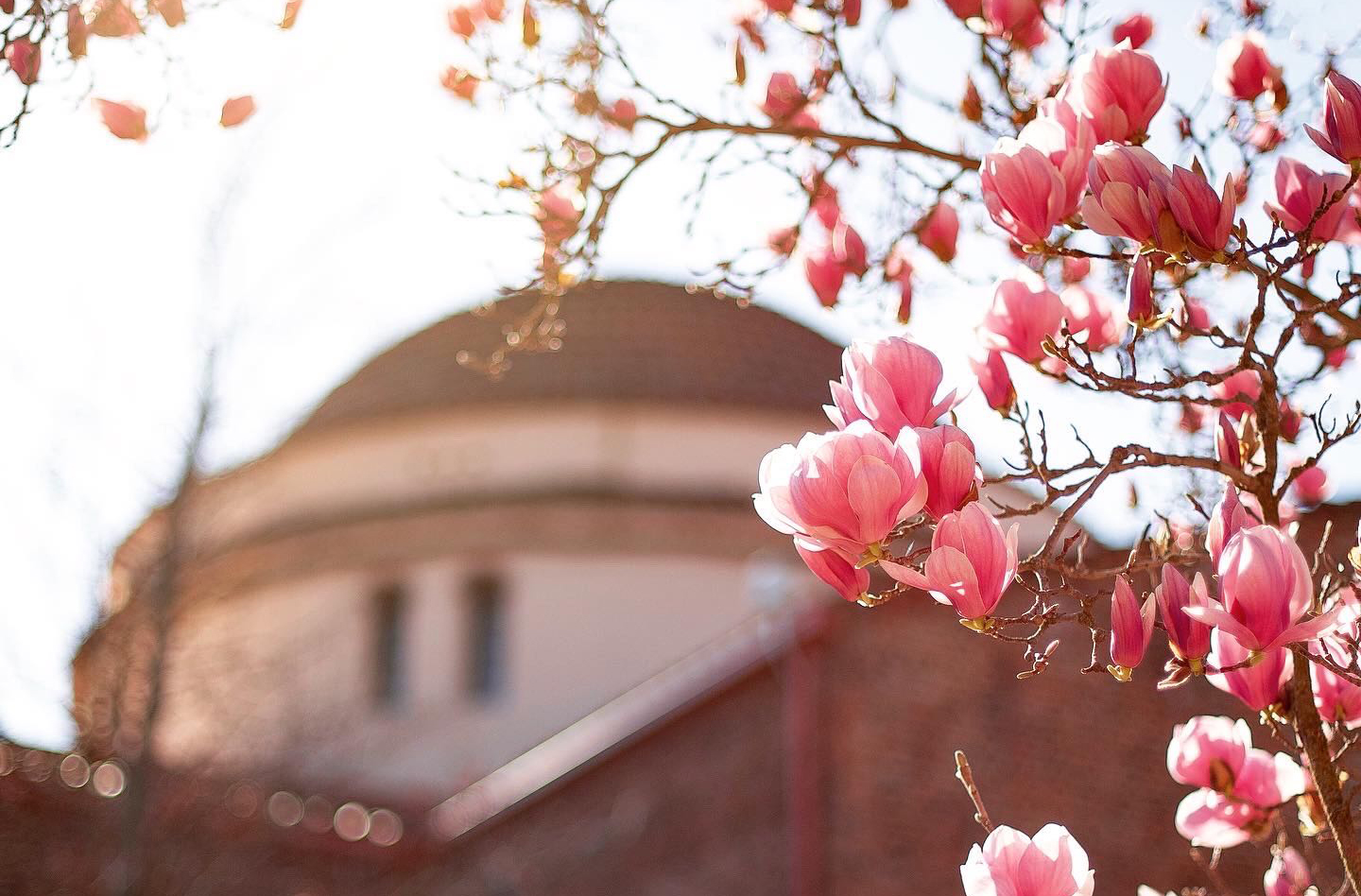
Eight members of the California State University, Chico faculty were recently recognized with the 2019–20 Outstanding Faculty Awards, selected by the University’s Faculty Recognition and Support Committee.
These awards—among the highest at CSU, Chico—celebrate faculty excellence in the categories of Outstanding Professor, Teacher, Academic Advisor, Research Mentor, Faculty Service, Lecturer, Lecturer in Bringing the Profession to the Classroom, and Early Career Faculty. Every one of these recipients learned they were being recognized during surprise visits from University President Gayle Hutchinson, her Cabinet, and colleagues within their respective colleges.
“These outstanding award recipients exemplify our University commitments to transformative experiences, academic distinction, and prominent scholarship and innovation,” Hutchinson said. “Their work has influenced the lives of thousands of students through teaching, scholarly and creative activities, and service. I congratulate the awardees and thank them for their role in helping to establish Chico State as a preeminent university.”
Outstanding Professor
Stephanie Bianco, Nutrition and Food Science
Nutrition and food science professor Stephanie Bianco advocates for students at the most basic and foundational level: by ensuring they have enough healthy and safe food to eat every day.
As director of the Center for Healthy Communities (CHC) at Chico State, Bianco has secured $32 million in public health program funding in her career, including money to help students gain access to food assistance programs like CalFresh. Her program, CalFresh Outreach, was recently expanded to include 40 higher education campuses in California in a first-of-its-kind partnership with the state, tapping $15 million in federal funding to help high-needs students on these campuses access extra money for food. She regularly presents research to the California Legislature to advocate for funding and policies that support student access to public assistance.
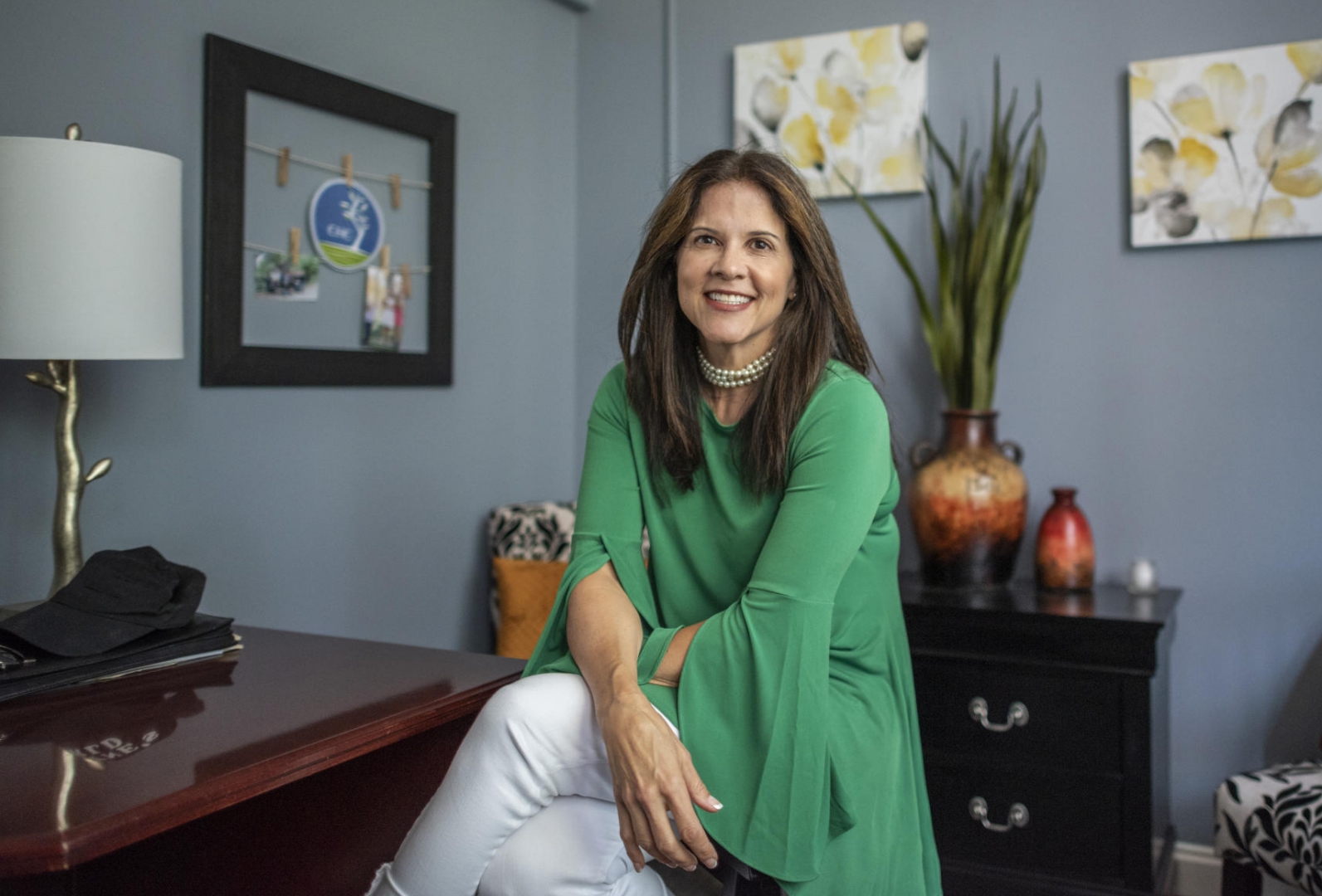
Bianco’s work at the CHC extends far beyond campus, bringing important health and social service programs to the North State, including nutrition classes, farm-to-school programs, food safety, and benefits enrollment support. Through a robust internship program she oversees, dozens of students from disciplines across campus help implement these important programs in rural areas often short on staff and resources.
“I am fortunate enough to bring the work I do and have done directly into the classroom and out into our high-need communities,” she said. “I work with an amazing team at CHC, and together we help students obtain the practical experience they need to become outstanding working professionals and model citizens after graduation.”
Besides her leadership at the Center, Bianco is a powerhouse in the classroom, engaging students through class participation, hands-on work, and in-depth discussions. A prolific author, she has published 21 full articles and one peer-reviewed book.
Bianco holds a bachelor’s degree in dietetics from University of California, Davis and a master’s degree in nutrition and lipoprotein biology from Texas A&M University. She is also a registered dietitian.
Outstanding Teacher
Kim Jaxon, English
Kim Jaxon has tapped into the power of community learning and is using it to shape the future of literacy and composition in the North State.
She starts by building community in her classes, making sure students are seen and heard. Jaxon designs her classes for connection, supporting students as they engage in each other’s ideas and inviting them to collaborate with scholars and students outside her classroom.
Her future teachers read and blog with middle school students; they share current young adult books across contexts, writing to each other as “book buddies.” The freshmen in her jumbo writing class share their writing with the public as Jaxon works to amplify their ideas in various online platforms such as the Connected Learning Alliance. Two months after the Camp Fire, she asked dozens of teachers impacted by the fire to tell their stories to her single-subject English teacher students. The “Teacher Stories” series, penned by the students, helped them understand what it means to teach, especially during trauma, and gave local teachers the time and space to make meaning of their losses.
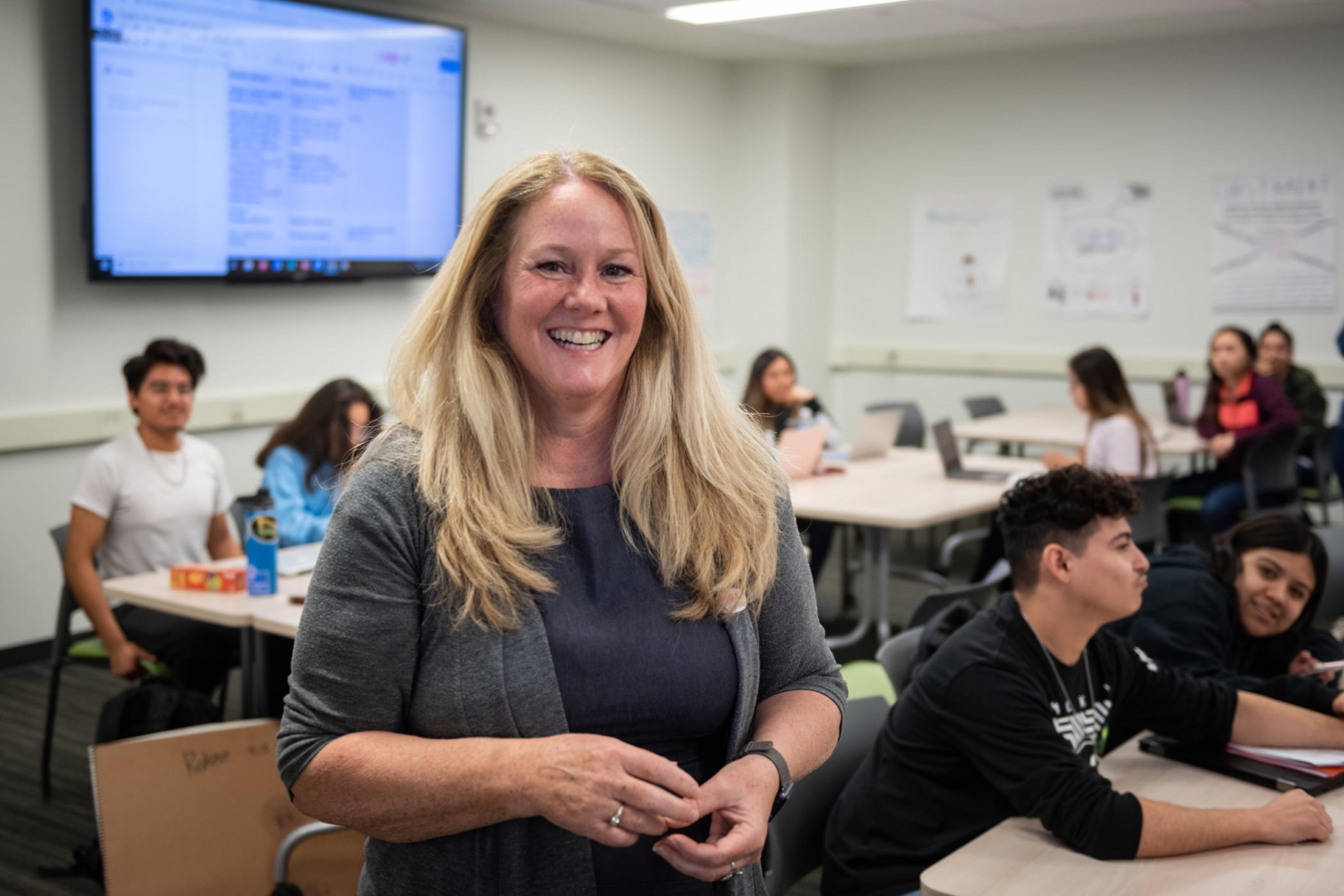
“I often say to students that I really don’t like ‘playing school.’ I want to connect them to the communities of practice they hope to join inside our class and outside our class,” Jaxon said. “And, I learn as much from student experiences as I do ‘teaching’ them.”
Jaxon, who earned her bachelor’s and master’s degrees in English from Chico State, is a renowned writer and speaker: she’s authored or coauthored 23 journal articles and one book, Composing Science, and given 25 invited talks, 23 national conference presentations, and multiple local workshops and presentations. She is director of the Northern California Writing Project, which provides professional development for teachers in the region to improve the teaching of writing. She also holds a doctorate in education from University of California, Berkeley.
Outstanding Lecturer
Trevor Lalaguna, Art and Art History
Art and art history lecturer Trevor Lalaguna has a knack for engaging people in the arts—not only his students, but the campus community and beyond. In an ongoing event he created, Step Into Figure Drawing, art students set up drawing equipment in Ayres Hall and invite passers-by to pose as models for a take-home portrait. Non-art students and faculty, philanthropic community members, and campus janitorial staff alike have taken home drawings and expressed a newfound delight in the arts as a result of Lalaguna’s beyond-the-classroom thinking.
Since becoming a lecturer in 2011, Lalaguna has taught a remarkable 16 different courses to students ranging from beginning to advanced. His ability to engage and support students through each phase of a project is reflected in his Student Evaluations of Teaching (SETs), which routinely average 4.8 out of 5 in all categories.
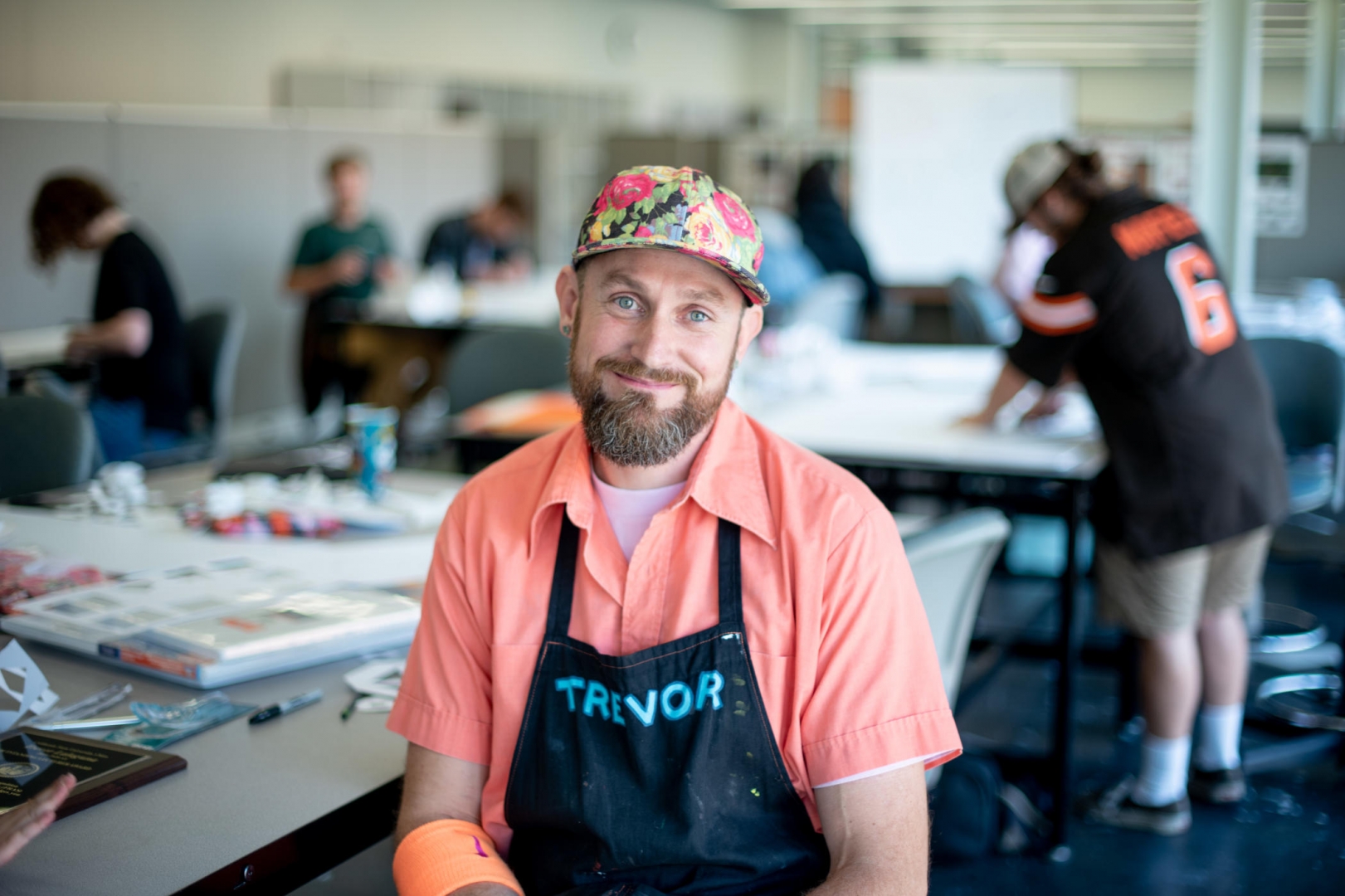
Lalaguna makes a habit of going above and beyond the requirements of his job: He assisted in the redesign of his department’s drawing studios, has worked with master’s students, helps out new part-time lecturers, runs an internship at 1078 Gallery, and led a new display space in the Museum of Northern California Art (monca). He plays a central role in his department, serving on numerous committees and tirelessly contributing his energy, ideas, and good humor.
“Art making is always an adventure; it’s about accepting the unknown, diving in, and having a willingness to embrace chance and risk in pursuit of unearthing an idea from all angles,” Lalaguna said. “To say I’m a teacher sometimes feels incorrect—I’m a facilitator or a guide assisting those who have a vision, and helping them find, define, and make their mark.”
A Chico State alum—he earned his bachelor’s and master’s degrees in fine arts here before beginning his teaching career—Lalaguna shows his work in galleries across the nation and in Germany. He urges his students to push past perceived or overt limitations and to make art that is personally meaningful.
Outstanding Academic Advisor
Amy Oelrichs, Communication Studies
Amy Oelrichs has been helping students graduate sooner—with better outcomes and more enriching experiences—since she began teaching communications courses at the University two decades ago.
After earning her bachelor’s and master’s degrees from Chico State in communication studies and human communication studies in 1997 and 1999, respectively, Oelrichs (née Weber) began advising for and coordinating Summer Orientation, which helps more than 5,000 new students each year with course planning and campus acclimation. In 2006, she became director of Business Students Advising and Services and served in that role until 2015.
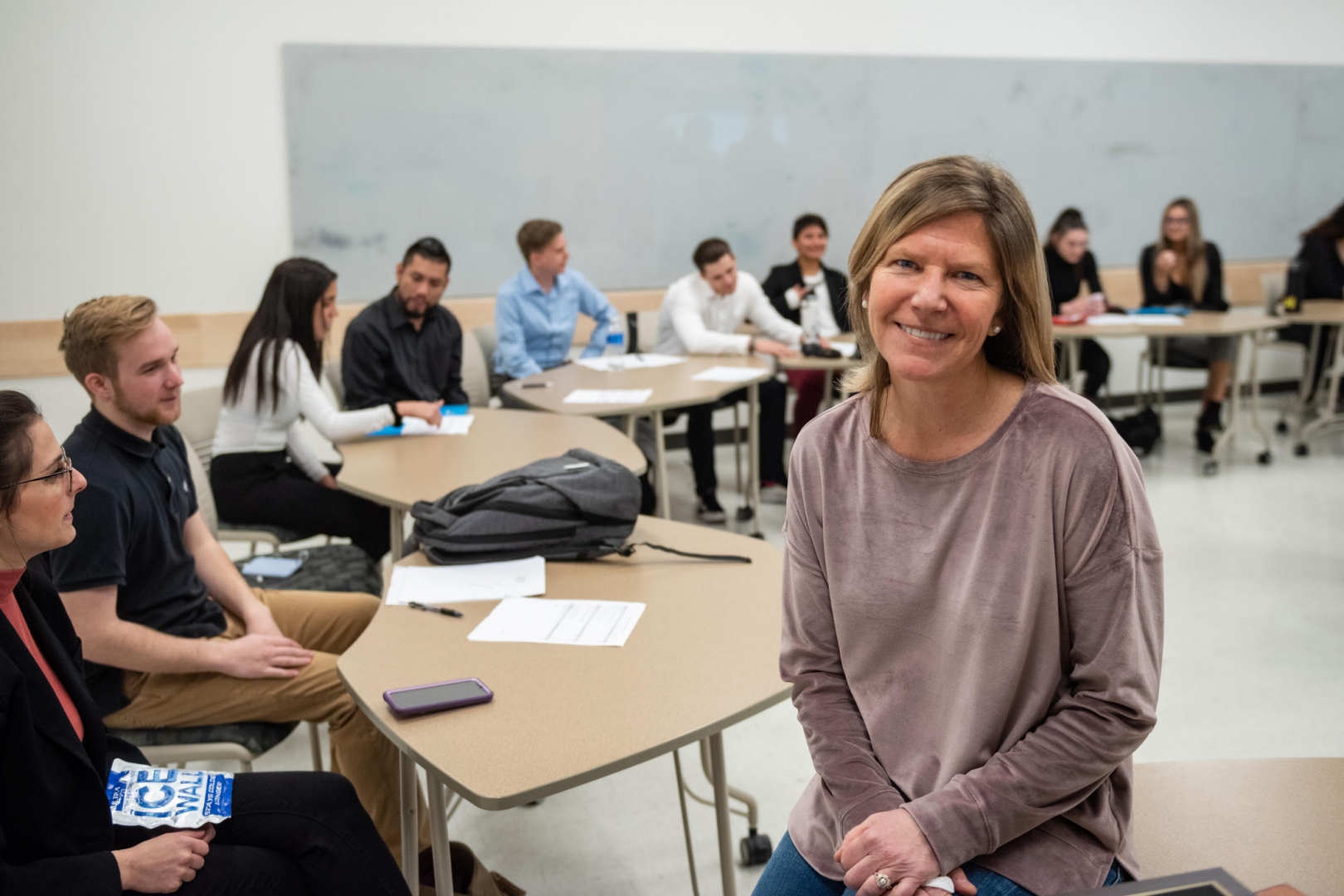
In her current role as faculty advisor for the Department of Communication Studies, Oelrichs uses her creativity, unrivaled knowledge of University policies, and assertiveness to map precise paths for students to meet graduation (or probation) requirements, often in tandem with extracurricular activities or a second major. She unofficially advises other advisors, including in live training sessions, and is developing a program with the Study Abroad Office to streamline academic planning for students.
Oelrich’s unique empathic approach focuses on learning about her students’ academic interests and career goals as a central tenant to the planning process. Students attest that her support and guidance has helped them graduate early, succeed as a student-athlete, or study abroad when they didn’t think it possible.
“Advising students has been a passion of mine since I began my career here in 1999. I love working with college-aged students and helping them identify their potential in the classroom and through advising—which in turn, leads them to successful and meaningful careers,” she said. “I also value my colleagues in my department and across campus who I am able to collaborate with to help support our students’ successes inside and outside of the classroom. Students are at the core of what we do here, and they are the reason I am motivated to do what I do!”
Outstanding Research Mentor
Hossein Zakeri, Agriculture
With his special capacity for helping students realize their full potential, agriculture professor Hossein Zakeri is changing the trajectories of many of his students while expanding important research opportunities in his field.
Shortly after arriving at Chico State in 2014, Zakeri developed a legume research program that has attracted more than $1 million in research funding, supporting 25 undergraduate students, two graduate students, and a postdoctoral researcher. Two dozen of his students have presented posters at regional and national conferences, with many winning awards, and numerous more have given talks in classrooms, during field days, and at other events.
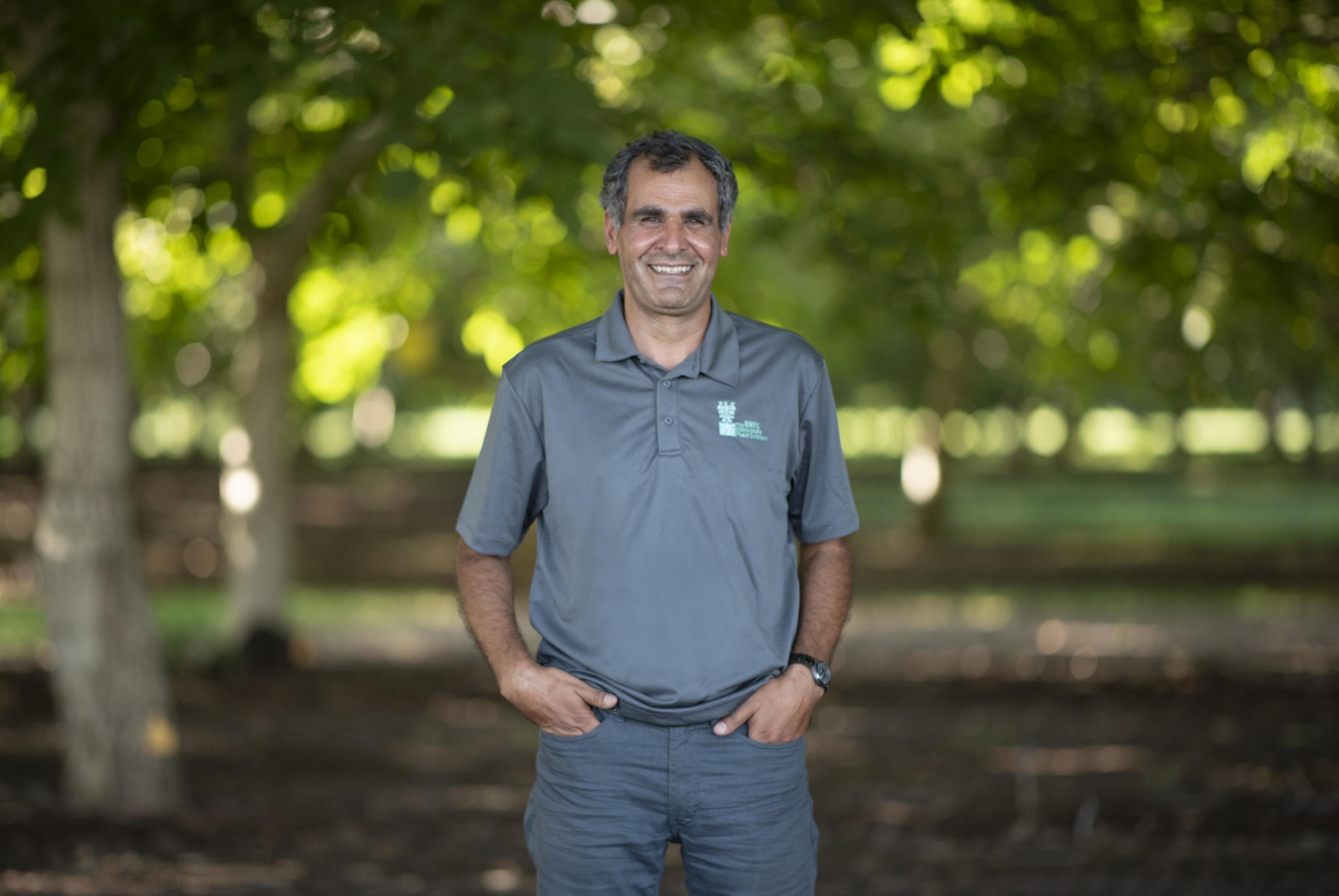
Passionate about student success, Zakeri meets weekly with his students, providing hands-on research guidance and helping them improve their presentation skills. He has been a faculty mentor in the Chico STEM Connections Collaborative for two years and mentored 12 students in the Summer Undergraduate Research program, and has helped dozens of students discover a love for research. In addition to research, Zakeri has expanded the College of Agriculture’s student involvement with the California industry. He has developed relationships with agricultural enterprises around the state to help students learning through field trips and internship opportunities.
“I enjoy research more than anything else. To me, research is not entirely a job—it is a great addition to life that keeps my mind fresh. With this perspective, long days working to develop research grant proposals and manuscripts, battling with data, or hoeing and spraying weeds in the field are the joys of my life,” Zakeri said. “After started my job at Chico State, I gradually learned that my students can develop so many technical and interpersonal skills by conducting research. I give them a research topic and they make their priority to learn about it, conduct a good experiment, collect and analyze data and present it in professional conferences. It is a great joy to see proud students receiving awards after several months of hard work in the field and lab.”
Zakeri holds a bachelor’s degree in agronomy and crop breeding from Isfahan University of Technology in Isfahan, Iran, and a master’s degree in crop physiology from Tarbiat Modarres University in Tehran, Iran. He earned his doctorate in crop physiology and cropping systems from University of Saskatchewan in Saskatoon, Canada.
Outstanding Faculty Service
Betsy Boyd, Agriculture
Outstanding Faculty Service
Most professors incorporate service activities into their academic lives, but agriculture professor Betsy Boyd has made a career of it.
The youngest member ever to have been elected chair of the Academic Senate, Boyd has served for nearly 10 years on the faculty governing body, including two years as chair during the presidential transition from 2015–2017. She was active on the Presidential Search Committee that resulted in President Gayle Hutchinson’s selection, and spearheaded the joint statement on shared governance endorsed by all major entities on campus, marking a new era of University leadership.
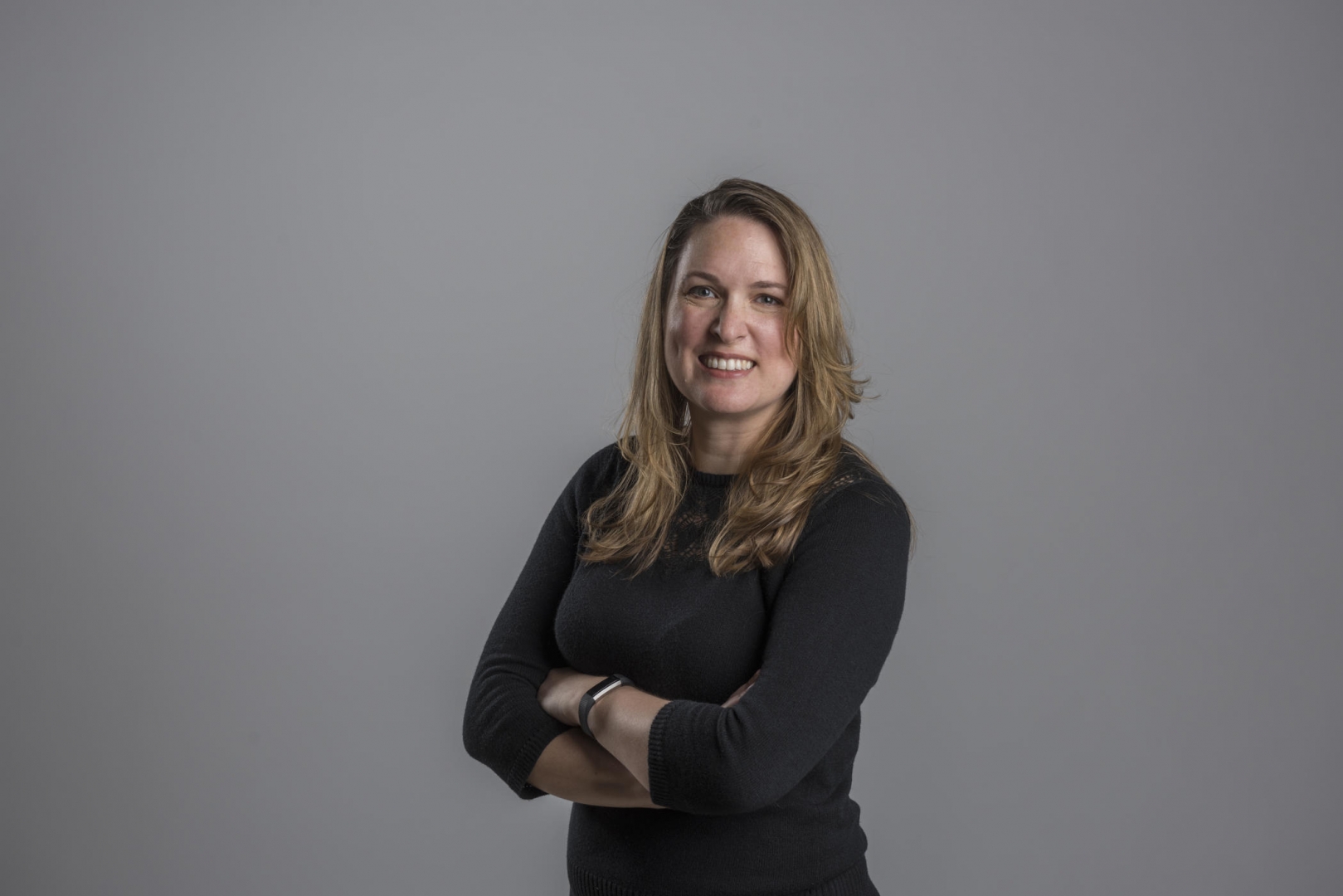
In an earlier test of her abilities, she presided over the senate’s Educational Policies and Procedures Committee from 2013–15 during a highly contentious curriculum dispute, navigating the issues with skill and grace.
As a result of her superior leadership in these roles, Boyd was elected by her colleagues to serve a three-year term representing Chico State on the Academic Senate of the California State University. She also recently received the Kathy Kaiser Service Award recognizing her contributions to the senate and the University.
Despite a dizzying list of other activities, including service on the Curriculum Advisory Board, University Budget Committee and Academic Affairs Budget Task Force Committee, Boyd contributes significantly to her college, serving as the program coordinator for the College of Agriculture academic program and advising up to 65 students annually. She also recently spearheaded the creation of a new undergraduate degree in plant and soil science, helping align students’ coursework with real-life trends in agriculture.
“I love our students and I am fully committed to the University and its mission. A big part of what motivates my dedication to leadership activities is a desire to help ensure that through consultation and shared governance all voices of faculty, staff, students, and administration are taken into consideration before consequential decisions are made,” she said. “I feel in this way the best interests of students and the mission of the University are maximized toward the betterment of our campus and surrounding communities.”
Boyd earned her bachelor’s and master’s degrees in entomology from Washington State University, and holds her doctorate in entomology from University of California, Riverside. She began her career at Chico State in 2008.
Outstanding Lecturer in Bringing the Profession to the Classroom
Valerie Singleton, Child Development
At her core, Valerie Singleton is a dedicated child development professional who is bringing her extensive knowledge and experience to her students and campus.
After two years at Google, Singleton served as director for Innovative Preschool in Chico before joining the Department of Child Development full time as a lecturer. Now, she oversees all applied learning and internships for the major, and is responsible for placing students in real-world environments to get experience working with young children. Her connections in the community, including as liaison to the Associated Students Child Development Lab, observing for Butte County Office of Education and co-chairing the Local Child Care Planning Council, have helped Singleton secure more than 30 local contracts for students to gain this important experience. Many have found career opportunities post-graduation as a result.

Because of her involvement on a practical level with each major in the department, Singleton builds strong relationships with students, empathizing with them during challenges but holding them accountable and pushing them to grow. Approachable and available, she is a highly effective teacher: a course she created in the fall on toddler and early childhood development was met with such demand that a second section was offered out of necessity. Students consistently flag her courses as favorites on exit surveys.
“Since I was a young child, I have always enjoyed being a teacher and I have found joy in seeing students blossom, both in the classroom and in their internships,” she said. “The true joy comes from the relationships I have built with them and how I get to share in their successes.”
Singleton earned her undergraduate degrees in child development and liberal studies from Chico State and holds a master’s in human development from Pacific Oaks College in Pasadena.
Outstanding Early Career Faculty
Hyewon Pechkis
In her four short years on campus, Hyewon Pechkis has helped put Chico State’s physics activities—and its students—on the map.
Immediately after joining the Department of Physics in 2016, Pechkis created a state-of-the-art research lab using equipment donated by the National Institute of Standards and Technology (NIST) and supported by Nobel Laureate William Phillips and Dr. Ian Spielman. The cutting-edge technology in the ultra-cold atom laboratory—which includes a magneto-optical trap, lasers, and vacuum technology—is allowing students and faculty to run exciting experiments using atoms cooled to temperatures billions of times lower than anything else in the cosmos. Their remarkable work may one day lead to new technologies like quantum computing.
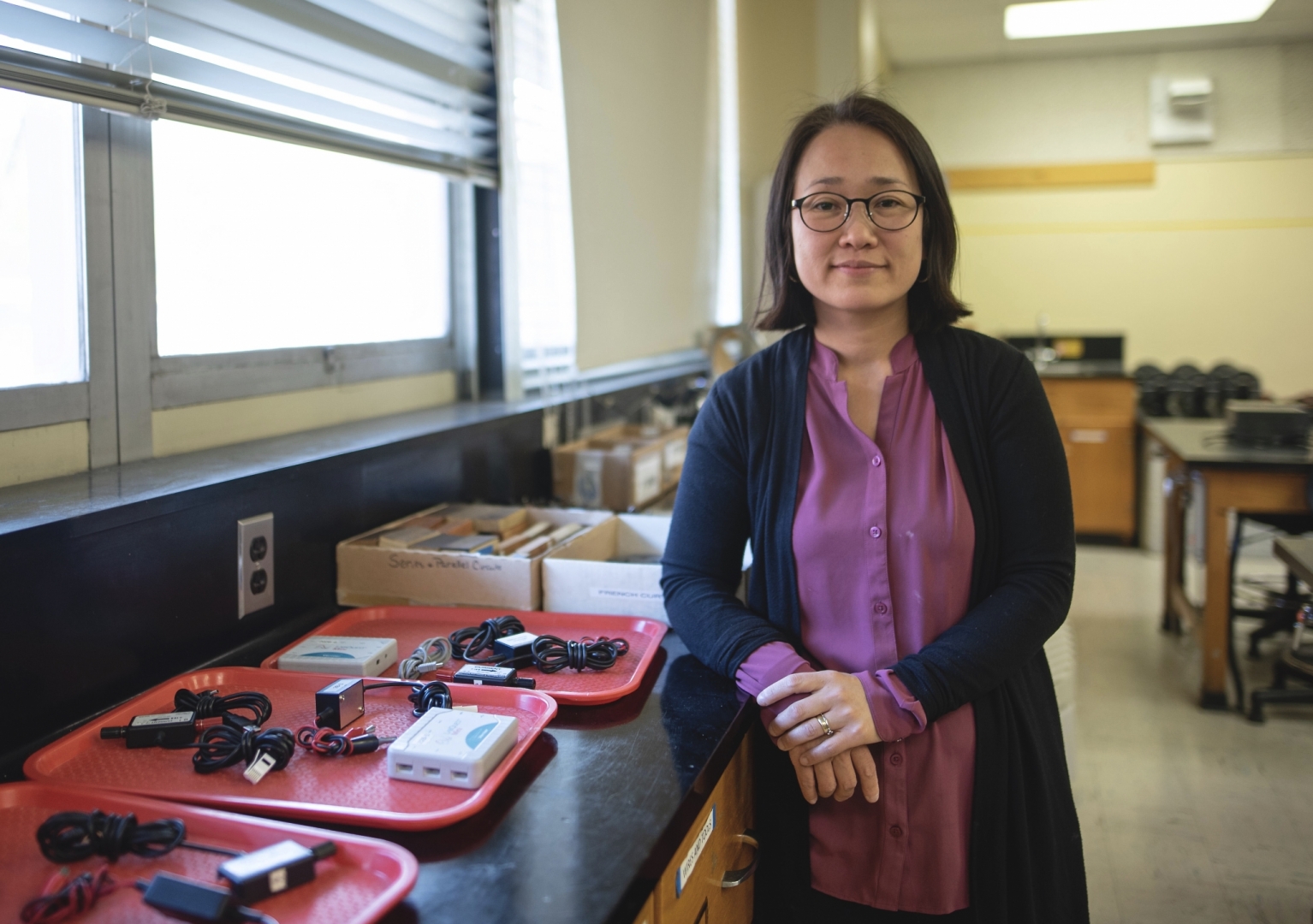
Several introductory physics labs Pechkis redesigned the following year, using a Chancellor’s Office Curriculum Redesign with Technology grant, are aimed at improving students’ higher-level thinking and problem-solving skills.
These advances, and Pechkis’ special focus on supporting female and minority students, have resulted in incredible student success. She has mentored 19 undergraduates at her department’s Physics Summer Research Institute, including Michael Doris, a first-generation student who’d been told he’d never succeed. Doris is now the first Chico State student to be accepted into the NIST Summer Undergraduate Research Fellowship program and was invited for a second summer. Four of her students have presented at national research conferences and won the best undergraduate poster presentation in 2018 and 2019 at The Far West Conference of American Physical Society, and Pechkis has inspired many underrepresented students to join the field.
“My students are amazingly bright and hardworking. I can relate to them personally, since I was once a first-generation student myself. What I do as a teacher is to show them a path forward so that they could dream big, as my teachers had done for me.”
Pechkis holds a doctorate and a master’s degree in physics from the University of Connecticut.


